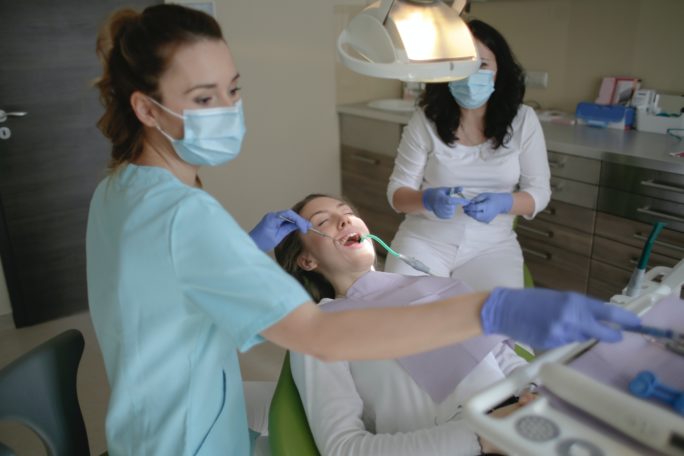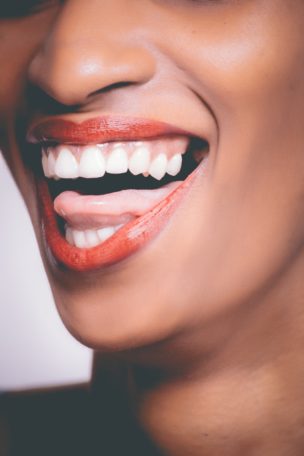Globally, the COVID-19 pandemic is affecting every part of our lives from work to socialising, home life and access to health services ie. doctors, dentists, and specialists. The Australian Government announced on March 26th, 2020, that all dental practices postpone any non-urgent appointments and only see patients in an emergency until the spread of COVID-19 is reduced. Whilst your dentist or dental hygienist is observing social distancing at home, they are still there for you in emergencies.
So what is a dental emergency and how is it classified?
- Uncontrollable bleeding from your mouth
- Overwhelming and painful swelling in the mouth, face or neck
- Excruciating pain in the tooth or jawbone
- Pus developing in the tooth or gums
- A broken or knocked-out tooth.

If you experience any of the above emergencies, please contact your routine dentist. If you are unable to get in touch with your regular dentist or you don’t have a regular practice/dental health care provider, you can utilise a virtual dental service such as Vide Virtual Dental; a teledentistry service providing access to information about oral health in or out of emergencies.
Tele-dentistry is a video conference service with a dental health professional that can provide a consult for general oral health inquiries. They can also assist with your oral health motivation from the safety of your couch. In an emergency, they can provide triage and help you find professional dental care as soon as possible. Your regular in-chair preventative care appointments need to be postponed until dental practices re-open.
It is vital during this period that you continue to look after your oral health care at home. If you have been sick with the flu, another illness or COVID-19, replace your toothbrush every two weeks and do it again two weeks after recovery. Make sure your toothbrush dries out at night as perpetually wet toothbrushes cultivate more bacteria. Have a few new toothbrushes at home to replace regularly.

Whilst we work from home, are being home-schooled, or are quarantining, it’s important we keep up some form of a home routine. This is beneficial for not only your oral health but your mental health as well. Start the day by getting up and getting dressed, even if you have nowhere to go. After breakfast ensure everyone brushes their teeth as it’s easy to break away from your regular morning routine. The whole household must be brushing twice a day and cleaning between their teeth once per day.
During times of stress and anxiety, our bodies can react in an exaggerated way to plaque in our mouths. This can cause inflammation. If we combine this with poor eating habits and a decline in-home care, it can lead to poor oral health outcomes. If you experience bleeding gums at home, it’s important not to ignore it. Increase your brushing, remember to keep cleaning between your teeth and call your regular dentist or use an online teledentistry service for advice. It is also very important to limit excessive consumption of sugary and acidic beverages, which are known to increase the risk of decay.
If your teeth have stains from tea, coffee, red wine or tobacco, it’s important that your schedule a visit to your dental hygienist for a clean, when businesses reopen and the COVID-19 pandemic is eradicated.
With the AIRFLOW Dental Spa technology or dental professional can easily remove all the stains painlessly and help make your teeth look brighter again.
The Carousel would like to thank Tabitha Acret for her article.
















